
Green holidays – five tips for sustainable camping
27 June, 2019
Enjoying life, in a sustainable and climate-friendly way. An environmentally friendly lifestyle is increasingly important for more and more people. It’s great you love camping, because your CO2 emissions are much lower with a camping holiday than, for instance, an all-inclusive holiday with flights. However, there are still plenty of ways to be environmentally friendly during your camping holiday. Here are five tips for you.
1. Choose an eco-campsite
Nowadays, nearly all campsites take the climate into account. Waste is usually separated, and campsites are increasingly taking measures to conserve water and energy, such as water-saving showers and energy-efficient lighting. A large number of solar panels are being fitted to generate sustainable energy, and sustainable materials and energy-conscious designs are often chosen for new constructions. More and more campsites are also using environmentally friendly, degradable cleaning agents. If you think it’s important the campsite you’re holidaying at takes these kinds of measures, you can opt for an ecological campsite. These campsites have been certified with a special quality mark, such as ‘Green Key’. In order to carry this quality mark, campsites have to meet a number of predetermined requirements.
2. Check you camping gear
If you’re a genuine tent camper, you’ve nothing to worry about. After all, you can’t get much more sustainable than sleeping on a mat in the tent. If you’re hitting the road with a caravan or motorhome, there are all kinds of options for saving energy; such as fitting solar collectors to your camping gear. Solar energy is converted into electricity which is stored in the battery, so you can use it some other time. That way, you generate more power than you need on sunny days, and that saves power later on. Both extremely useful and sustainable. Appliances are also becoming more efficient. If you need a new fridge, pay attention to energy consumption. That way, you’re not only being sustainable, but you’re also saving money.
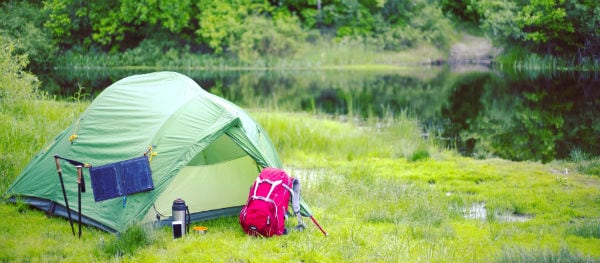
3. Saving energy at home
When you’re off on a nice, long holiday, you can also save lots of energy at home. For instance, set your thermostat considerably lower, and remove all plugs from sockets. That way, you’ll avoid what’s known as standby-power energy consumption. Standby power means you can lose a substantial sum of money over a year. If you have ‘normal’ energy and would like to save even more both while you’re away and when you’re at home – as well as making an environmentally friendly choice – it might be advisable to change over to a green energy supplier. With a detailed energy-comparison website, you can find out in just a few clicks which supplier suits you best.
4. Don’t leave anything behind on your pitch
Sustainable camping also means treating your surroundings with respect. You should therefore leave your pitch as tidy as possible. That applies to normal campsites, but particularly if you’re camping wild in the countryside. In many countries in Europe such as Scotland and Norway, you can camp in the wild for free. This is provided you leave the pitch exactly how it was when you arrived: without any waste or damage. This rule is part of the universal ‘leave no trace’ principle. That means besides clearing up your waste, you respect the countryside as it is, without disturbing animals or damaging plants or other flora. This is also what sustainable camping means.
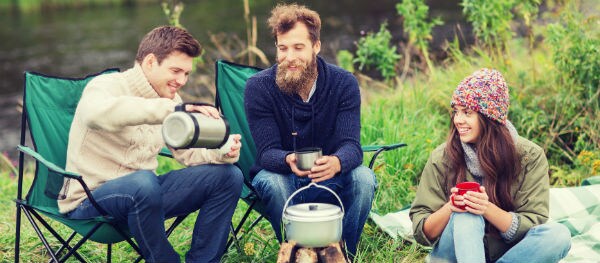
5. Sustainable cooking
For many people, camping means a barbecue or an inviting campfire. Once you’ve lit the fire, you’re all set to prepare or heat up your food. That’s when you really feel like you’re camping. However, if you’re using a gas burner, you’ll need to find a sheltered spot out of the wind. That way, there’s less chance the fire will go out, and you’ll use less gas if there’s no wind. One time you might even opt for a meat-free meal, or one with a tasty meat substitute. A number of campsites even sell locally produced items such as cheese, vegetables, meat or olive oil. After all, Italian wines always tastes best on campsites in Italy. Cheers to a splendid – and sustainable – holiday!
Environmental zones
A growing number of European countries are creating environmental zones. We’ve listed the rules for environmental zones and environmental stickers in 11 European countries for you.


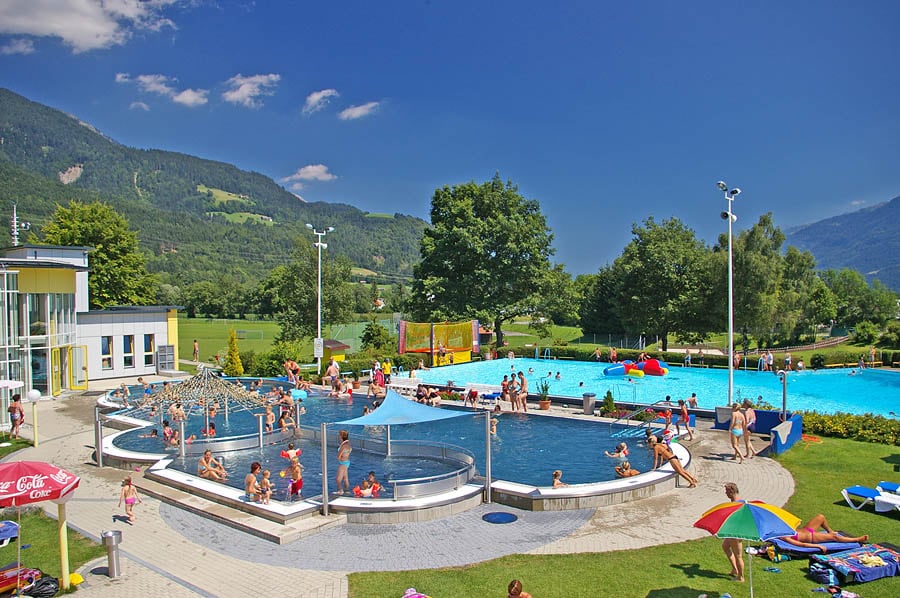
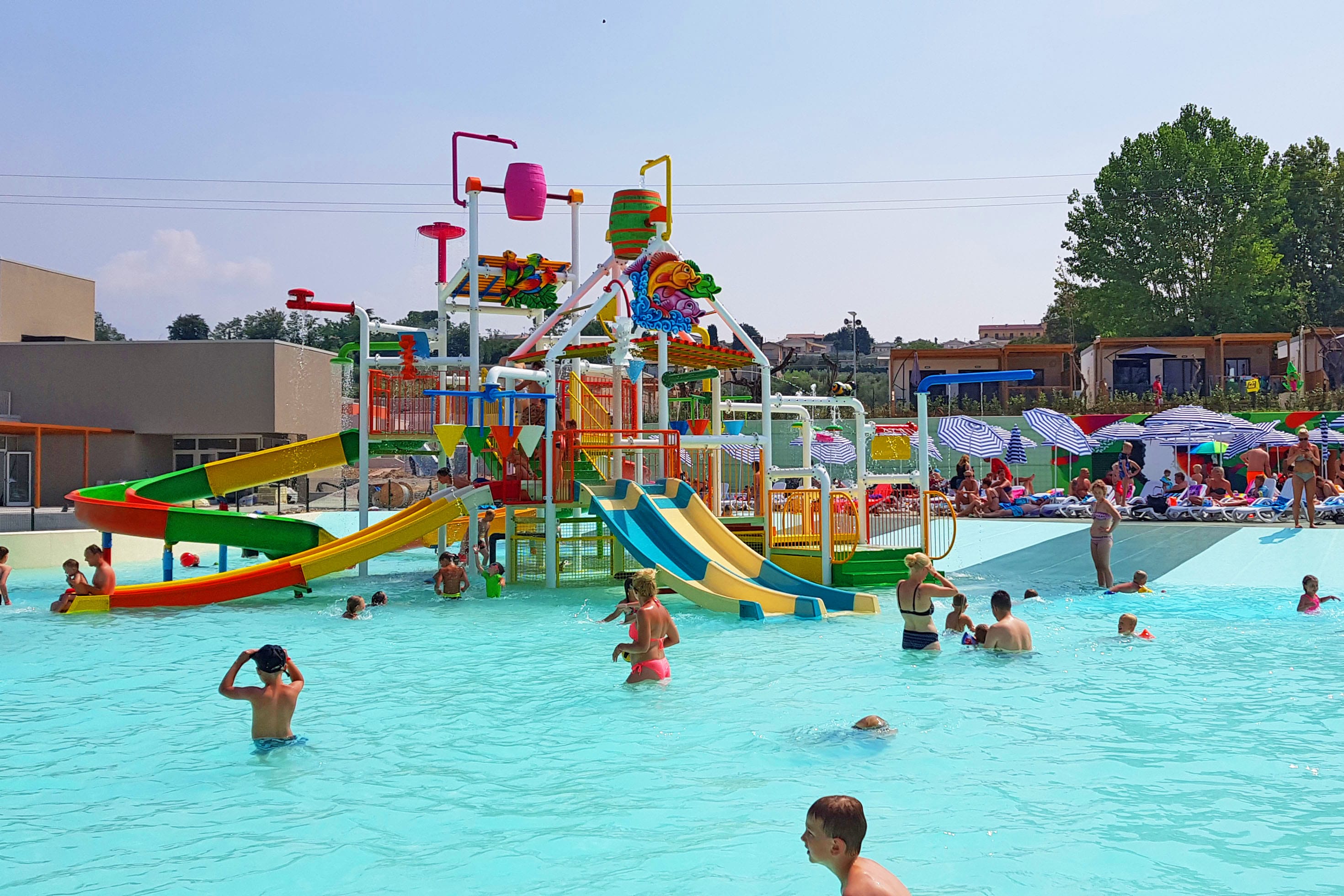
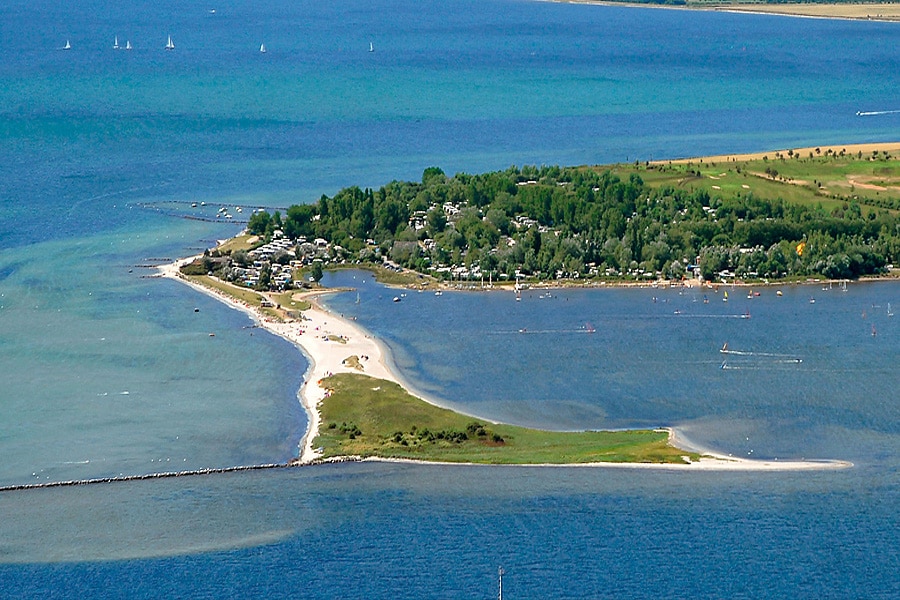
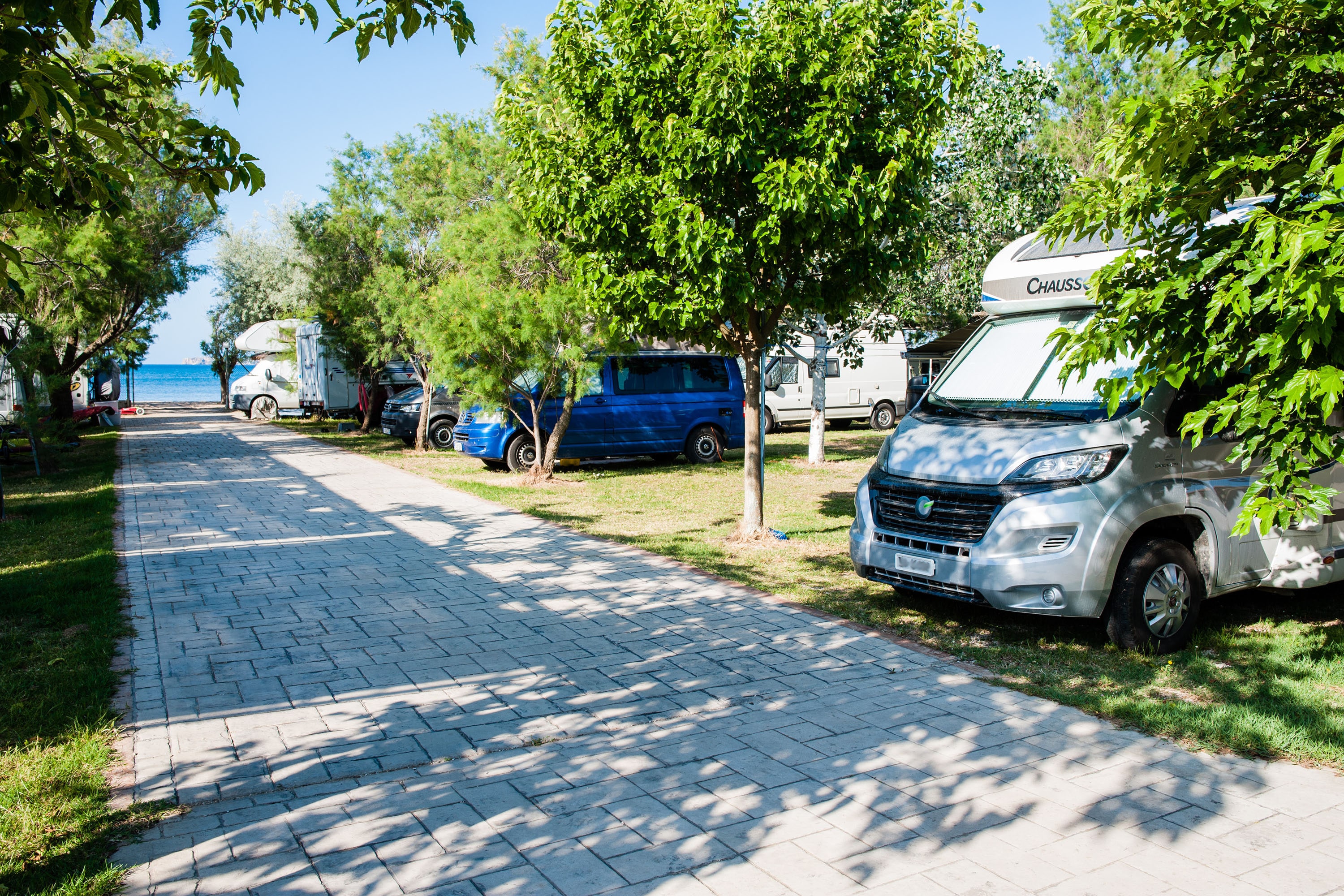
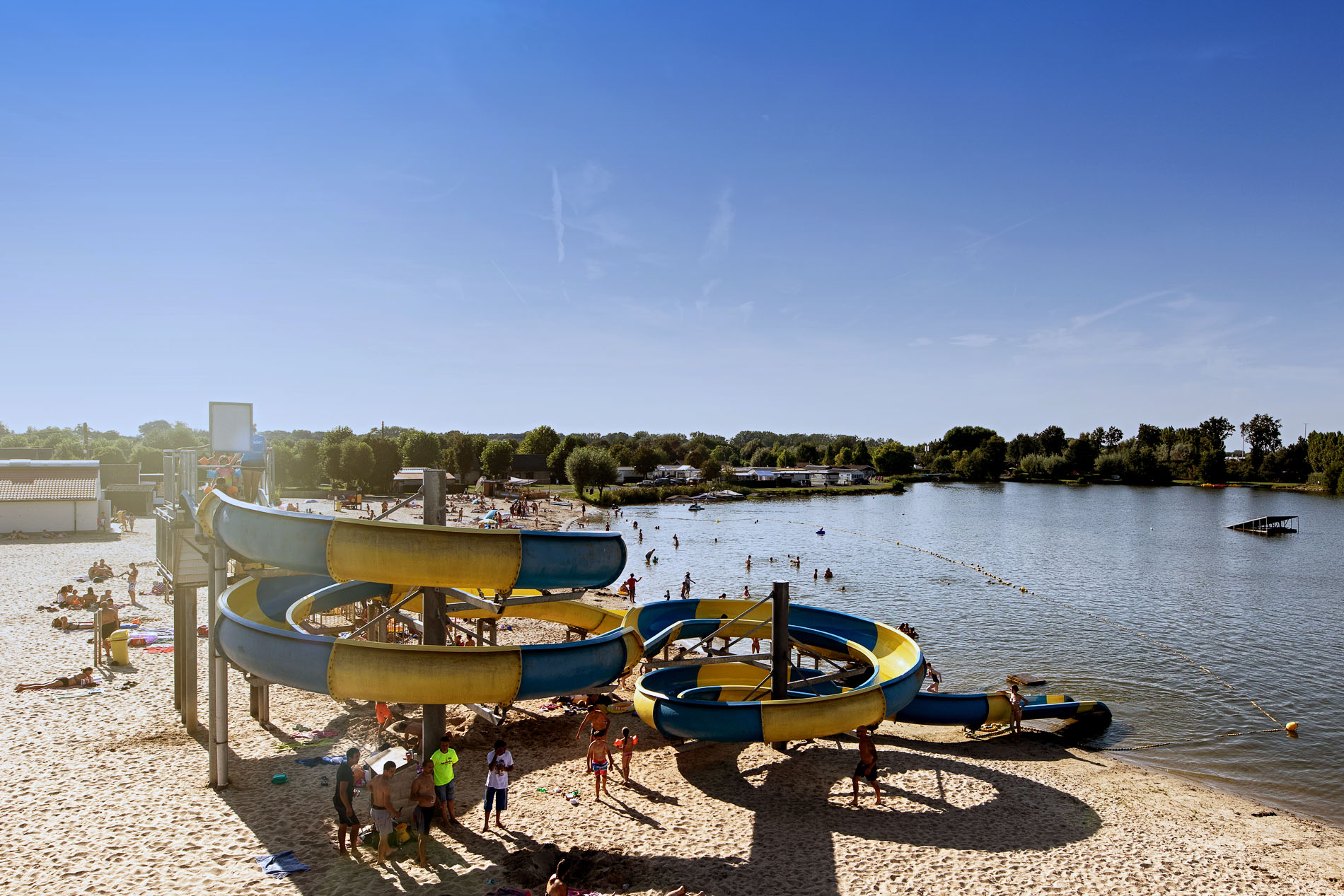
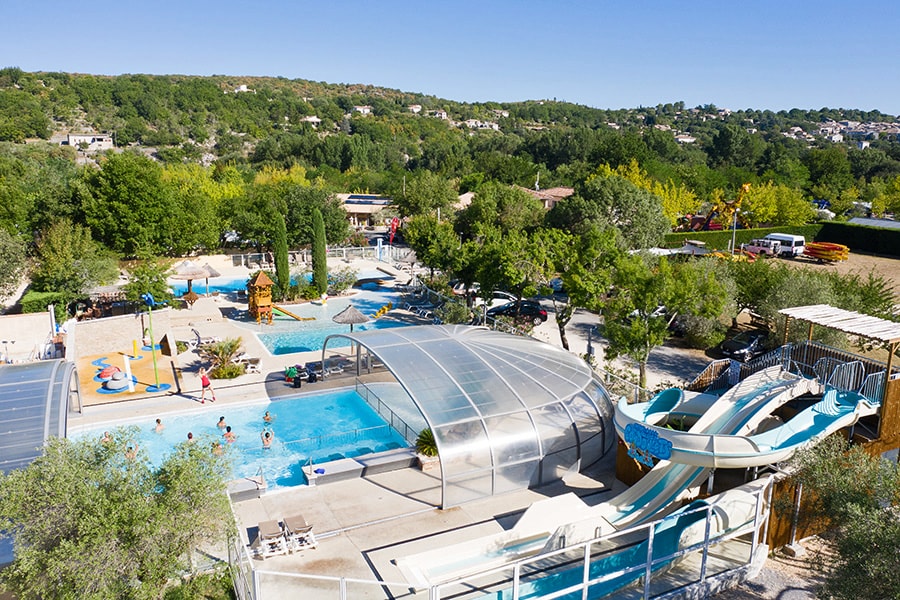








Latest comments